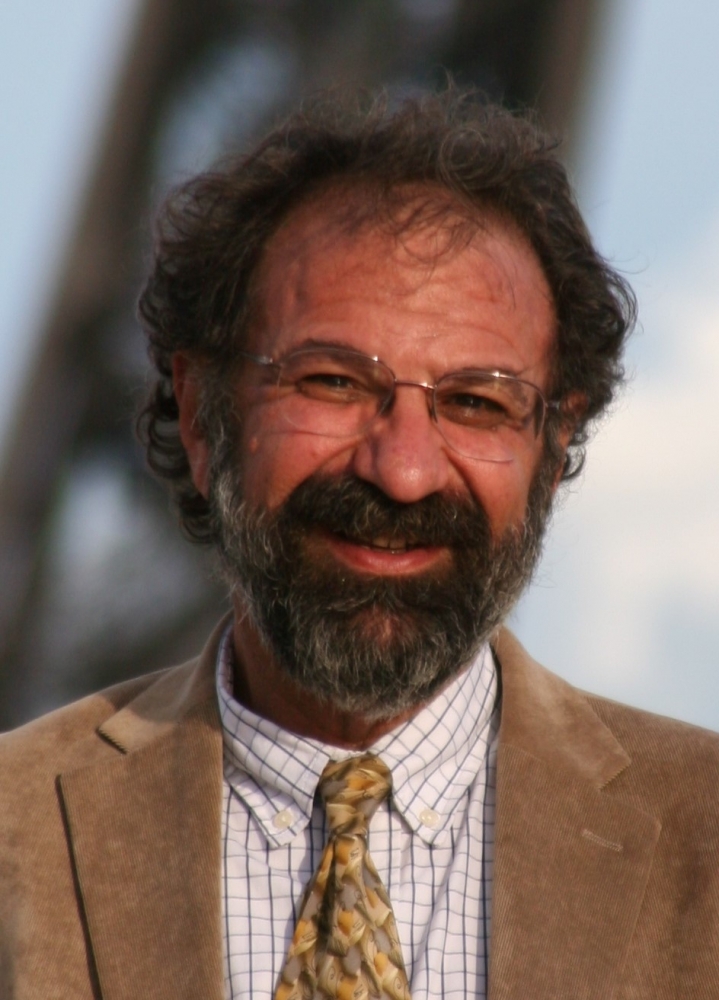
Digital Relationship Guru
If you think you spend a lot of time on Facebook, imagine researching it for a living. Joseph Walther, a preeminent scholar of online communication, goes beyond the “likes” and emojis to study the implications of online relational behavior. He delves into how people form impressions online, and how trust, fondness and influence are affected by social media and other communication technologies.
Walther, who in fact pioneered the study of computer-mediated communication and its implications for intrapersonal relationships, has been named the inaugural Bertelsen Presidential Chair in Information Technology and Society at UC Santa Barbara. He will also be the director of UCSB’s Center for Information Technology (CITS).
“Professor Walther has developed a remarkable academic record and strongly deserves his international reputation as a world leader in the interdisciplinary study of computer-mediated communication,” said Norah Dunbar, chair of UCSB’s Department of Communication. “We are thrilled he is joining our faculty.”
Previously, Walther was the Wee Kim Wee Professor of Communication and Information at Nanyang Technological Institute in Singapore, as well as a fellow in social media research at the University of Duisburg-Essen in Germany and a fellow at the Centre for the Study of Children and Media at the Amsterdam School of Communication Research. He assumes his new role at UCSB in November.
Walther’s work primarily investigates the ways that people form and manage impressions and relationships through social media and other online networks. He also explores ways in which the internet facilitates communication patterns differently than face-to-face interaction.
For example, one of his studies looked at the varying impacts of individuals describing their own qualities on Facebook, as compared to when their friends describe them similarly in comments. Another examined changes in perceived sociability when a Facebook user is shown to have 103, 303, 503, 703 or 903 friends.
“I love teaching and I look forward to presenting the research questions and findings from CITS affiliates with students, donors, funding agencies, social organizations and the public,” Walther commented. “But I am also excited to learn from an incredibly diverse group of scholars in a wide range of disciplines who can expand and inform my thinking and the reach and impact of my own work.”
CITS, which was founded at UCSB in 1999, is dedicated to research and education about the cultural transitions and social innovations associated with technology, particularly in highly dynamic environments. The center produces cutting-edge research, supports Ph.D. students and hosts public events designed to facilitate conversations around issues related to the interplay between technology and society.
The Bertelsen Presidential Chair in Information Technology & Society was created by UCSB supporters Mark and Susan Bertelsen, who also contributed to the founding of CITS. Mr. Bertelsen is a senior partner in the law firm of Wilson Sonsini Goodrich & Rosati, and a member of the UCSB’s College of Engineering’s Dean’s Cabinet. His involvement in major business transformations involving computing, software and media, and telecommunications have sustained his ongoing interests in research into the societal impacts, both good and bad, of the internet.
Walther, who has published over 100 journal articles that have garnered more than 22,000 Google Scholar citations, is both prolific and influential. He introduced two important theories to his field: Social Information Processing Theory, which explains the developmental process of how relationships are formed in mediated environments, and the Hyperpersonal Model, which explains how mediated communication can amplify and intensify relationships that exist in face-to-face environments.
“It is not an exaggeration to say that Professor Walther is one of the most important communication scholars alive today,” said Dunbar. “We look forward to welcoming him to campus and working with him at CITS.”



